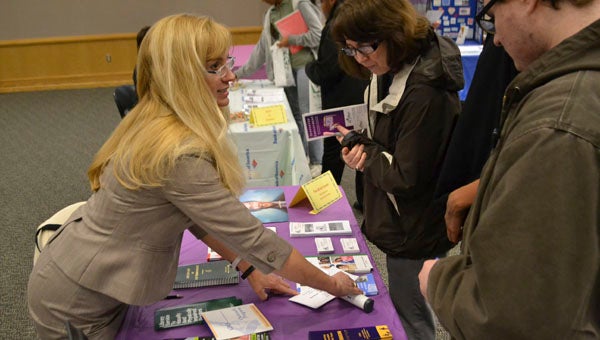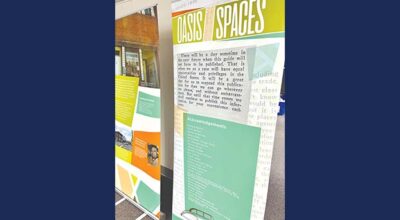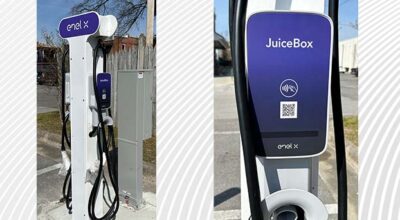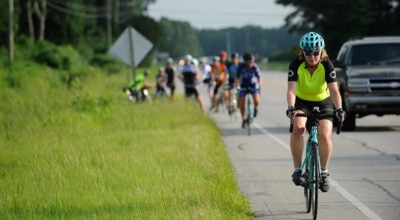Fair showcases resources for the disabled
Published 7:53 pm Thursday, March 5, 2015

JONATHAN ROWE | DAILY NEWS
EXPLORING RESOURCES: In Building 8 of Beaufort County Community College yesterday, representatives from various agencies came together to showcase resources for students and others who have disabilities at the Transitions Fair, hosted by Beaufort County Schools. Pictured, Patricia Crompton, an East Carolina University intern with the Blind Center, shows attendees examples of visual aids used to help those who are visually impaired.
Beaufort County Schools held an event yesterday to educate local students with disabilities about the resources available to become productive citizens after graduation from high school.
BCS held the Transition Fair, featuring a list of local agencies and resources that offer guidance and skills building for those with impairments and disabilities. Among some of the agencies present at the fair were the Department of Health and Human Services, LifeQuest, WorkSource East of Goldsboro, the Eliada School of Trade Arts, North Carolina Vocational Rehabilitation Services, Beaufort-Hyde Special Olympics, North Carolina Division of Services for the Blind, Bank of America, the Blind Center of Washington and several others.
Two of the organizations present at the fair, the Eliada School of Trade Arts and WorkSource East, serve, more or less, as a means for people with limitations to learn a trade like food service or carpentry and light construction and several other trade skills to be able to secure employment. The Eliada School primarily focuses on food service and facilitates transition to employment and even aids its students in finding low-income housing, said Luke Fernback, student affairs coordinator. Other organizations like specialize in basic needs for those with disabilities like food and healthcare. Bank of America also was in attendance at the event, showcasing its CDC services to educate students about personal finance.
Kathy Macey, Transition coordinator, said the Transition program is an occupation course of study program through the county school system that focuses on aiding students, who are limited academically, with life skills and job employability skills. The students must log 900 work hours through school-based, community service-based or work-based activities. The students are monitored during their school hours throughout their freshman and sophomore years of high school, during which they are taught soft skills like how to apply for a job, how to do a job interview and other skills, Macey said.
“We are trying to promote growth and independence and maturity,” Macey said. “Once they’ve reached a level of independence and maturity, then we look into finding community service jobs for them.”
The work-based hours the students log are hours they are compensated for once they’ve gained the necessary skills to begin working, according to Macey. Students use skills learned in the former aspects of the program to fill out job applications, participate in job interviews and get a paid position in order to become productive citizens.
“It’s all about them getting their work hours and their skills,” Macey said. “Many parents ask us, ‘What do the students do once they leave high school?’ We try to build employability skills and get them to transition from being a student in school to becoming productive adults.”





